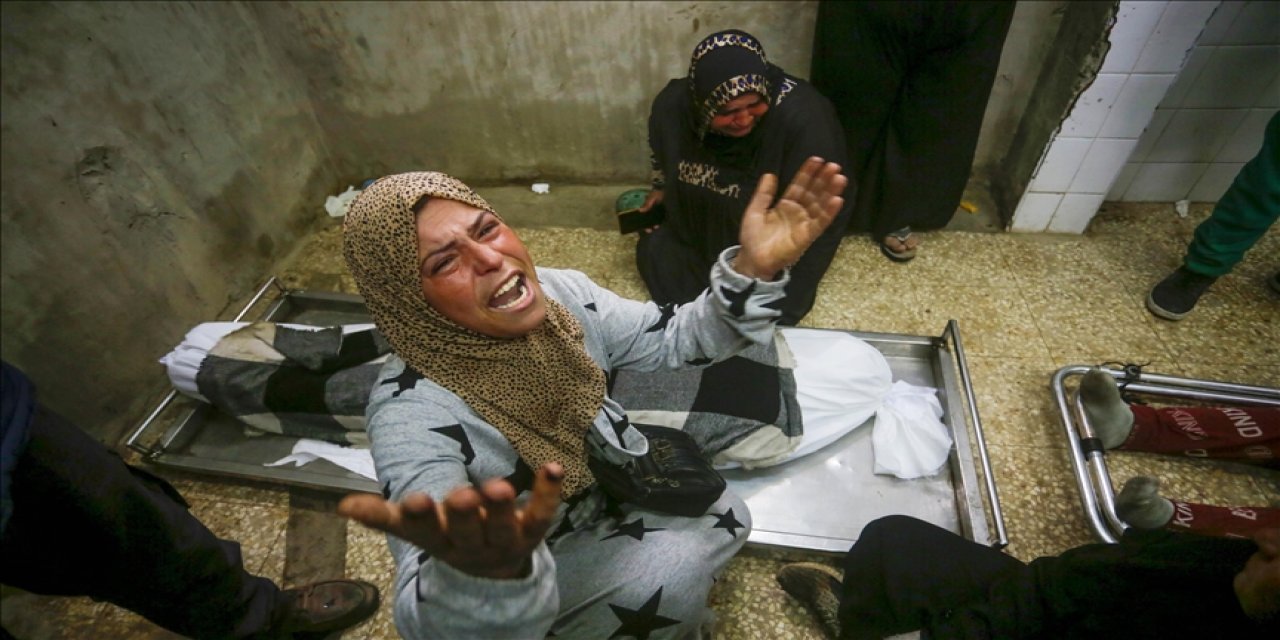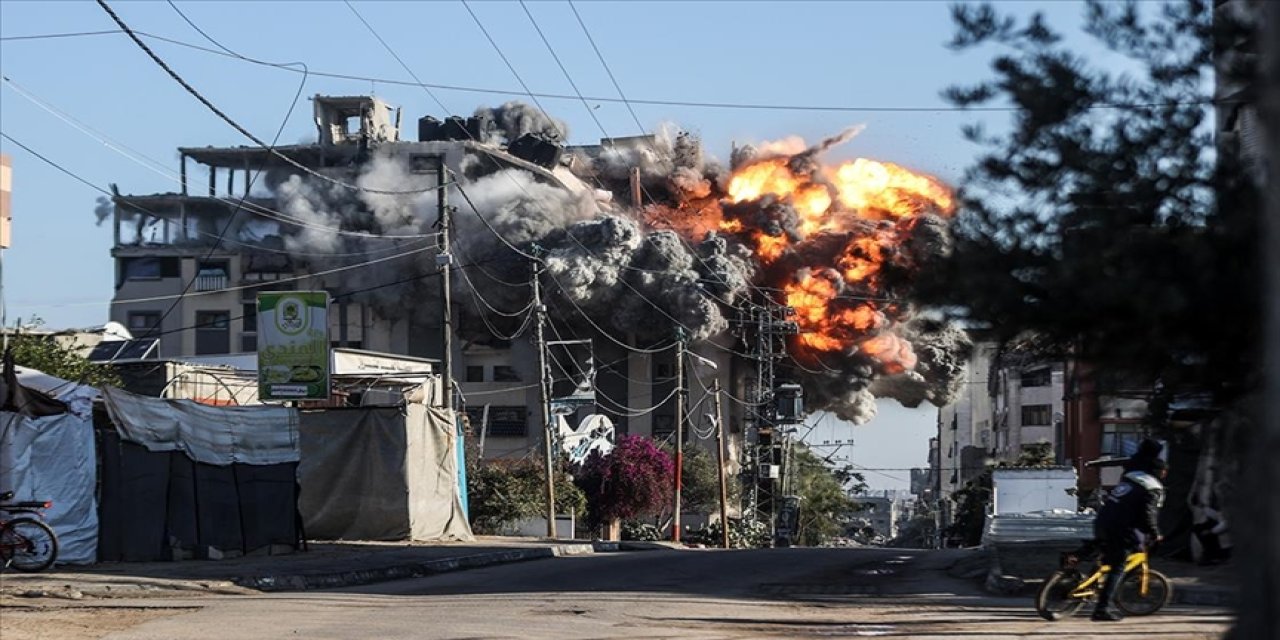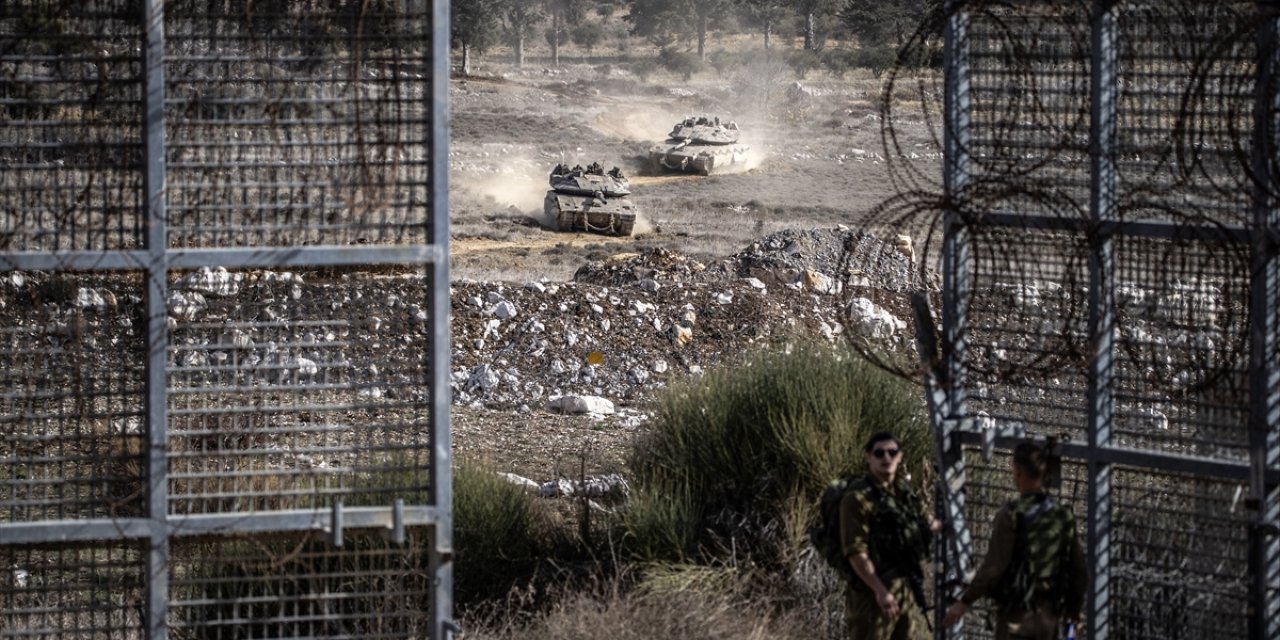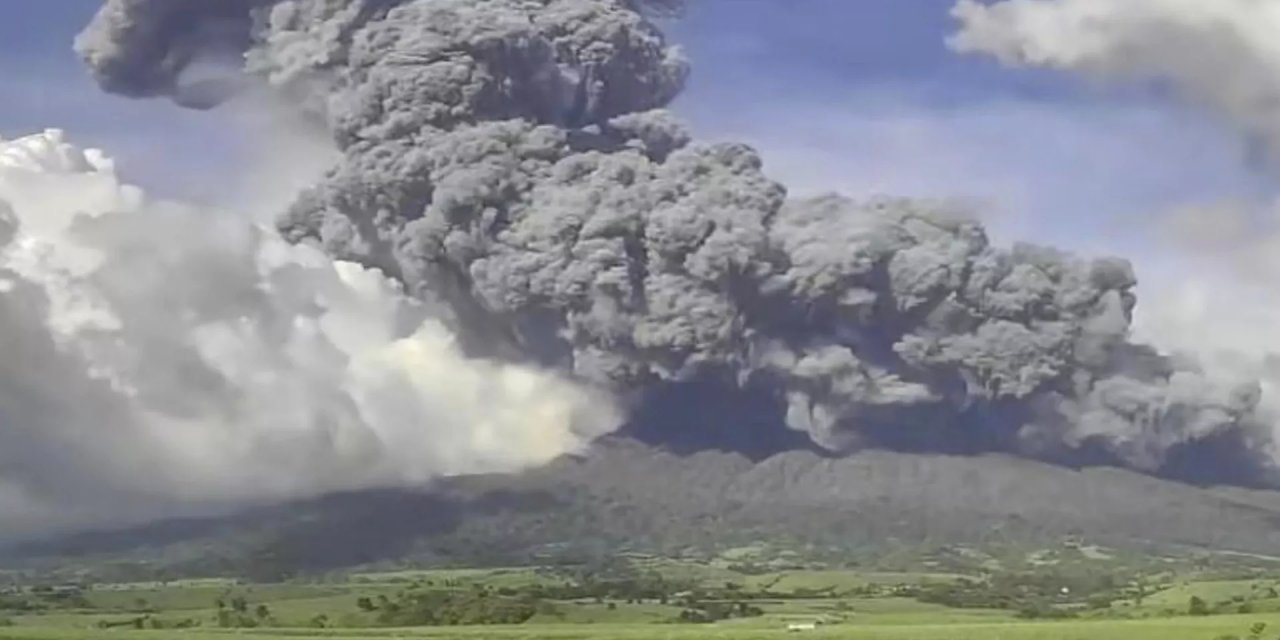Past outbreaks prepare countries against COVID-19
Some countries take more effective measures against coronavirus due to their experiences of past outbreaks

With previous experience in facing epidemic diseases in the past, some countries like Taiwan have set an example to the world on fighting the novel coronavirus pandemic.
While earlier outbreaks such as the severe acute respiratory syndrome (SARS) epidemic, as well as the Middle East respiratory syndrome (MERS) and Ebola, have affected certain regions, the COVID-19 outbreak has spread across the globe.
SARS and MERS
Coronaviruses, which are transmitted from animals to humans via mutation and then spread from person to person, spread across borders in epidemics like SARS and MERS.
SARS first emerged in the Guangdong province of southern China in November 2002 and spread to 29 countries. The disease, which infected 8,096 people in total, continued until July 2003. At least 774 people died in nine months, mostly in China, during the epidemic.
The coronavirus (MERS-CoV) that causes MERS was first reported by Saudi Arabia in June 2012 and spread to 26 countries.
According to the World Health Organization (WHO), as of January 2020, a total of 2,506 MERS cases including 862 deaths have been confirmed globally.
Both outbreaks have particularly affected Asian countries, mobilizing governments to fight against epidemic diseases.
Still, the SARS and MERS outbreaks were better controlled than was the COVID-19 pandemic.
Scientists say both epidemics were identified quickly because of the speed at which they manifested symptoms and that through quarantining practices, they were stopped from becoming global.
Asia-Pacific region
According to the UN Department of Global Communications (DGC), the Asia-Pacific region was especially prepared against COVID-19 because of their past experience and knowledge of handling outbreaks.
The region has made significant progress in health security systems in the past decade, said a report by WHO in 2020.
It said that these systems were built on lessons learned from the SARS epidemic, the H1N1 influenza epidemic, and real-life events, leading to the development and implementation of the 48-nation Asia Pacific strategy against emerging diseases and public health emergencies, also known as APSED III.
Vietnam became the first country to be removed from the list of countries with local SARS transmissions. Benefiting from previous experience of controlling infectious diseases, as of Jan. 4, the country had a reported total of 1,494 novel coronavirus cases and 35 fatalities due to the disease.
Taiwan, which took early and effective measures due to its previous experience with SARS, was also successful in preventing the spread of COVID-19.
It became one of the first countries to recognize the great threat posed by COVID-19 to public health.
So far, Taiwan has only reported 815 coronavirus cases including seven deaths in its 28.3 million population.
West Africa
Ebola, which was first recognized in the Central African country of the Democratic Republic of Congo in 1976, again emerged in West Africa in December 2013.
The viral disease was recorded in Guinea in 2013 and spread to neighboring Liberia, Sierra Leone, Senegal, Mali, and Nigeria, and then to the US, UK, Spain, and Italy through travelers from these countries.
According to the WHO, Ebola cases reached 28,638 with 11,310 deaths.
Most of the basic public health tools used to respond to Ebola have also been used against the coronavirus. These include disease surveillance, case detection, contact tracing, and mass communication campaigns to inform the public.
"West African countries are now applying insights gained from addressing the 2014-2016 Ebola outbreak to tackle COVID-19 with notable success," the DGC said.
Sierra Leone, one of the countries most affected by Ebola, has confirmed only 2,673 coronavirus cases and 76 casualties so far.
Health officials said cases of COVID-19 were relatively low in Sierra Leone due to its experience with Ebola.
The country developed a COVID-19 preparedness plan three weeks before its first case was reported. The plan limited the spread of the disease by enabling the health officials to quickly identify, test, and quarantine most primary contacts.
The COVID-19 pandemic has claimed nearly 1.84 million lives in 191 countries and regions since December 2019.
Over 85.2 million cases have been reported worldwide, including more than 47.9 million recoveries, according to figures compiled by the US' Johns Hopkins University.
The US, India, and Brazil remain the worst-hit countries in terms of infections.















Türkçe karakter kullanılmayan ve büyük harflerle yazılmış yorumlar onaylanmamaktadır.